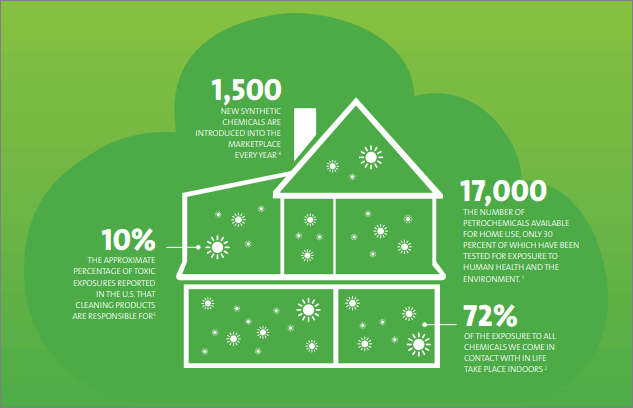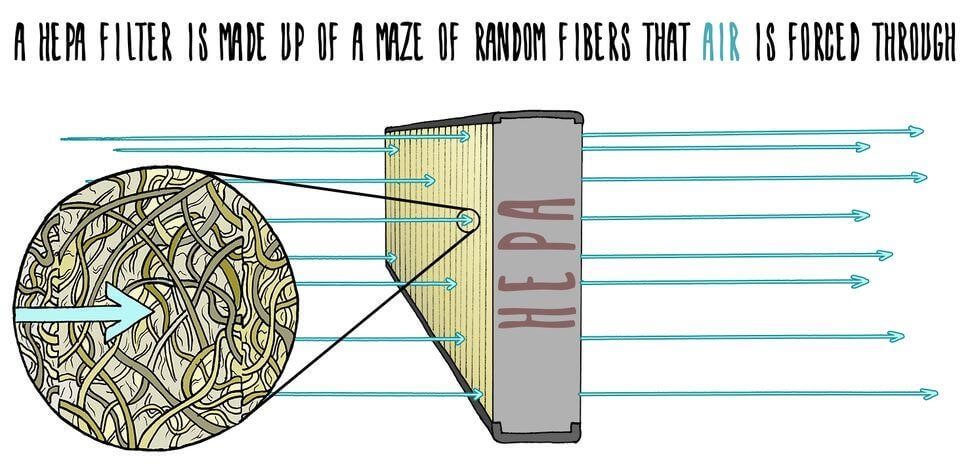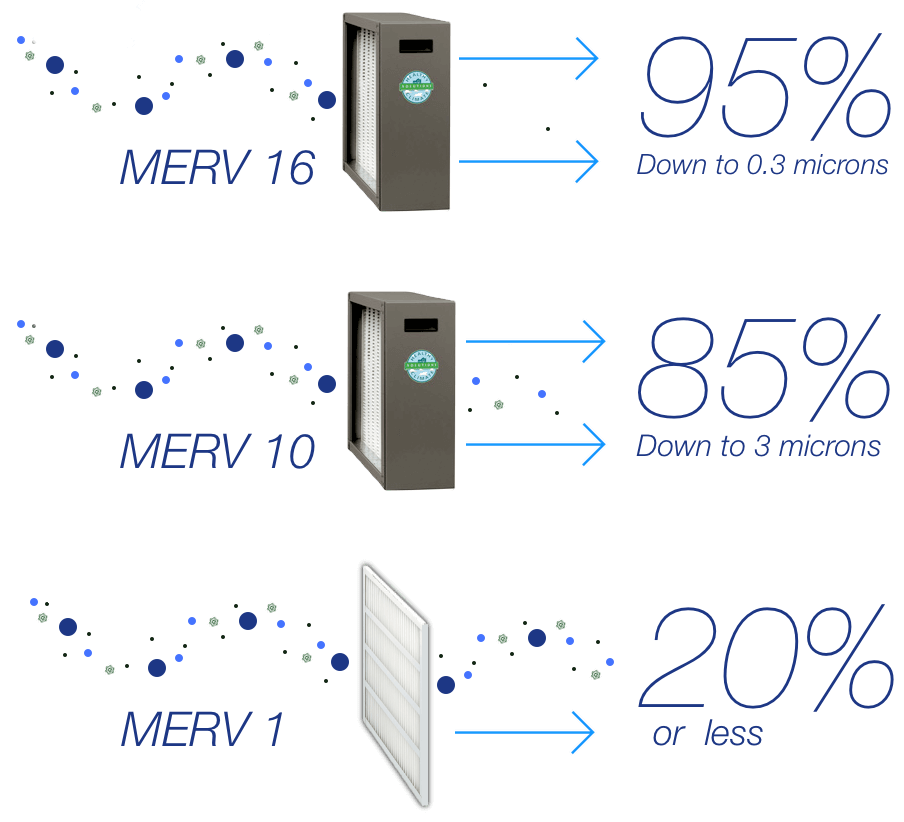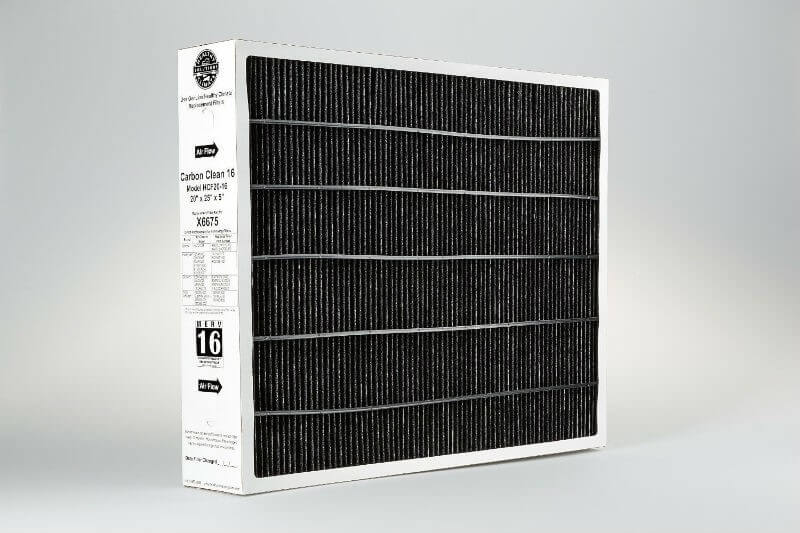Help You?
CLICK TO LEARN MORE ABOUT IRA REBATES AND TAX CREDITS
CHOOSE THE RIGHT AIR CONDITIONER FILTER TO HELP WITH ALLERGIES

Spring may be the time of year you can begin enjoying the great outdoors again. But, the warm weather is no picnic for people with seasonal allergies. Fortunately, your air conditioner can help alleviate a runny nose, itchy eyes and other symptoms of what’s sometimes called “hay fever.”
There are more allergens in the air during the warm weather. These are substances that cause allergic reactions.
For seasonal allergy sufferers, a big one is pollen. That’s the powdery substance that plants create to fertilize other plants. It travels easily through the air. And, when combined with other pollutants like dust mites and pet dander, it can make a person’s allergy symptoms flare up.
However, there is relief in sight. According to the Environmental Protection Agency, people spend 90 percent of their time indoors. Therefore, making your house an allergen-free zone can prevent symptoms.
Your ac can play an essential role in this. For starters, you can prevent contaminants from getting in by keeping your windows closed. That makes the ac important for comfort and air circulation.
But, a cooling system can also play a more significant role. It can also block these particles from spreading through your house. All it requires is the right air filter.
Any hvac system already uses a screen already to prevent large debris and dust from circulating through the machine itself and entering the home. However, you’ll need a special product to trap these contaminants, which are much smaller than those other particles.
There is a wide variety of air filters out there. They serve different purposes and have different specifications. But, with a little more information on what they are and how they work, you can find the right one for your needs.
Here’s some information and terms to look out for when finding the one you need to help with allergy symptoms:
What is a HEPA air conditioner filter?

For the Department of Energy to certify a filter as HEPA, it must block 99.7 percent of particles with a thickness of .3 microns or more.
To put that in perspective: The thickness, or width, of a piece of paper is around 180 microns. A dust mite comes in at about 100 microns. Pollen particles range from one to 100 microns, and allergy-triggering bacteria are anywhere from .3 to 60.
Given those sizes, these filters will block almost all allergens. There are plenty of them on the market from numerous manufacturers. But while they’re powerful, they have a few downsides to consider.
First, the screening can negatively affect your system’s efficiency. Since it’s blocking so much, the unit will require more power to push the air through. In some cases, then, the amount of resistance they create isn’t worth it.
Instead, the designation is more common for air purifiers. These units block microscopic particles but don’t offer heating or cooling as an HVAC system will. A purifier can be used alongside an ac unit if you don’t want to affect your cooling system’s energy efficiency too much.
What is a MERV filter?

These filters cannot block particles less than .3 microns thick. These products come in a range of ratings from one to 16. The higher the rating, the fewer particles it will let through.
Therefore, a low MERV rating means more particles will pass through than if you used a stronger screen. But, there are some upsides to this.
The more particles a filter blocks, the smaller the pores are on it. And, the smaller the pores, the more pressure the system needs to create so the air moves through it.
That affects the air quality in your home. When smaller pores require a lot more pressure, your system uses more energy to do the job. And, in many cases that means it won’t cool your home nearly as well as an air conditioner with a regular filter.
Lower pressure can mean more than just warmer air than you’d like. Your ac also helps dehumidify the house in the summer. If you’re keeping the windows shut to block things like pollen and pet dander, you’re also preventing moisture from passing through.
If the filter in your ac is too strong, then the system won’t dehumidify properly. Then, you run the risk of mold growing when there’s enough moisture in the air to help cultivate it. Since mold also triggers allergies, this could put you right back where you started.
That’s why MERV is often a good choice for a home. Most times, a rating from seven to 12 is enough for a home. Usually, places like hospitals require anything higher than that.
What is a carbon fiber hvac filter?

Adsorption occurs when molecules stick to an object with which they come into contact. It’s a process similar to water tension. That’s when water molecules can hold together enough that the liquid can actually rise a few millimeters over a container without spilling.
In this case, the carbon fiber is porous and similar to a sponge. As air passes through the system, the molecules that make up bacteria, pollen, pet dander and other particles bond to the carbon fibers. Then, the air continues into the room without those contaminants in them.
These filters don’t affect airflow nearly as much as stronger screens. And, they also treat for cigarette smoke and other odors. But, they’re also not as powerful. The best carbon fiber products are only as good as an 8 MERV rating.
You can consider a carbon fiber filter if your allergies are not too severe. In that case, you’ll save money on energy and will get a better cooling effect. You’ll also address smoke and odors if those are also a concern.
Are you looking for ways to alleviate symptoms for allergy sufferers in the house? Contact us, and we’ll help you improve the air quality in your home.

